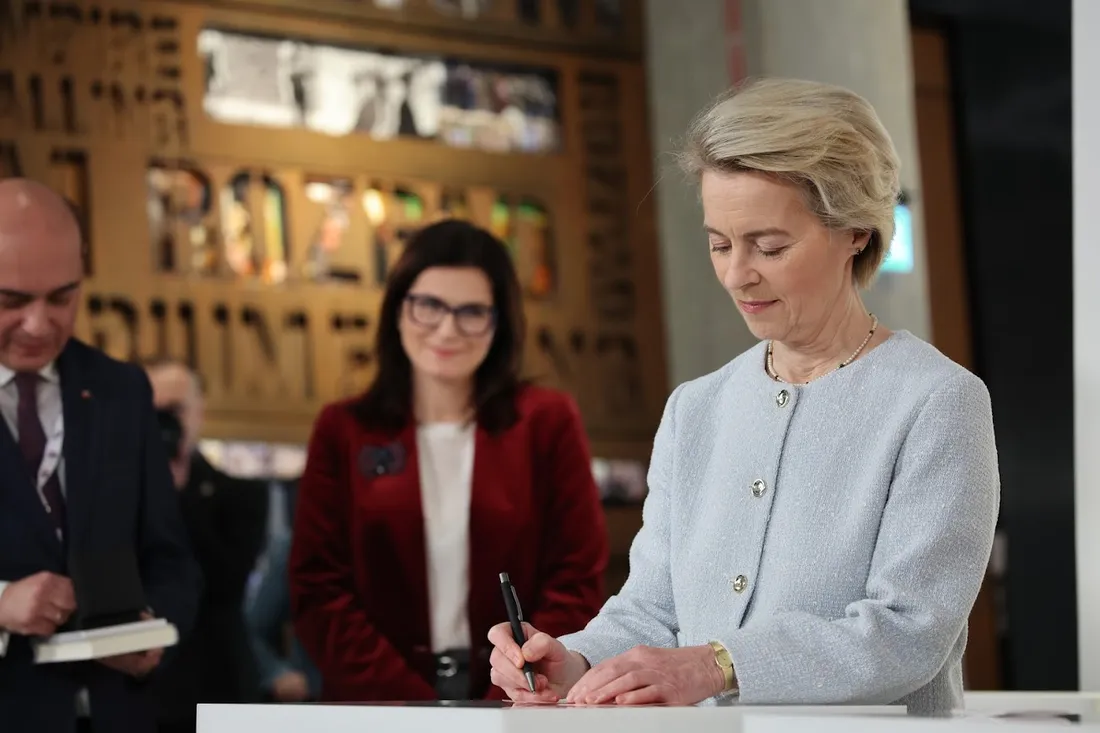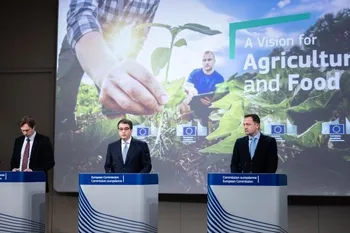
Presented today in Strasbourg and discussed in the chamber, the 2025 work programme of the European Commission gives concrete form to the commitments set out in the political guidelines and the mission letters sent by President Ursula von der Leyen.
This document focuses on the flagship initiatives that the European Executive will adopt in the first year of its new mandate, in response to the issues that most concern Europeans. Among other things, the text reflects the need for more opportunities, innovation, and growth for citizens and businesses, ultimately promoting a safer and more prosperous EU. The new initiatives proposed are contained in a specific annex, along with assessments and fitness checks.
The work programme is accompanied by a communication on implementation and simplification, which outlines how the Commission intends, over the next five years, to facilitate the practical implementation of EU rules, reduce administrative burdens, and simplify Union rules.
2025 for the EU Commission, Keyword: Simplification
Strongly focused on simplification, the 2025 work programme includes a first series of Omnibus packages aimed at improving and speeding up the functioning of EU policies and legislation, to strengthen EU competitiveness.
The first Omnibus package will introduce broad simplification in the areas of sustainable finance reporting, due diligence, and taxonomy.
Other initiatives, such as the legislative act on accelerating industrial decarbonization, will simplify requirements for issuing permits and authorizations and for reporting. A new definition of small mid-cap enterprises will reduce the regulatory burden and ensure that SMEs face fewer growth obstacles.
Moreover, simplification measures concerning the common agricultural policy and other strategic sectors affecting farmers will further address the roots of complexity and excessive administrative burdens on national administrations and farmers.
Further simplification proposals will be examined, including a possible Omnibus package in the defense sector to pursue the investment objectives that will be defined in the White Paper (whose presentation, according to President von der Leyen, will take place by mid-March) and allow innovative companies to thrive.
Main Objectives of the Commission's 2025 Work Programme
Sustainable Prosperity and Competitiveness
The Competitiveness Compass, recently launched, will guide sustainable growth efforts, while the EU strategy for start-ups and scale-ups will enhance entrepreneurs' capabilities with better access to capital. At the heart of the collaborative plan for decarbonization and competitiveness is the clean industry pact, which will pave the way for a proposed 90% emissions reduction target by 2040.
Defense and Security
In a context of geopolitical tensions, the EU is stepping up efforts to safeguard security and ensure peace, presenting plans to build a solid future for European defense. By investing collectively and strategically in NATO cooperation, the EU aims to strengthen its defense industry and reduce dependencies. The Union's preparedness strategy will enhance crisis anticipation and resilience, bolstered by EU initiatives such as the stockpiling strategy and critical medicines regulation to ensure essential resources.
Supporting People and Strengthening Our Societies and Social Model
To consolidate Europe's unique and valuable social model and strengthen fairness, the Commission will lead efforts to modernize policies in this sector through the new action plan on the European Pillar of Social Rights. To promote adaptation to technological, demographic, and sectoral transformations, the Commission will present the Skills Union to ensure that all workers receive the education and training they need.
Maintaining Quality of Life
The Commission will present a vision for agriculture and food to ensure a stable framework for farmers and outline a roadmap for key proposals. The oceans pact will create a unified framework for ocean policies, aiming to preserve ocean health and promote the EU's blue economy, while the European water resilience strategy will adopt a source-to-sea approach to effectively manage water resources, addressing climate change impacts such as floods and droughts. A simplification package for the common agricultural policy will address the roots of complexity and administrative burdens on farmers and national administrations.
Protecting Democracy and Defending Values
Initiatives like the democracy shield will address threats such as rising extremism and disinformation. The Commission also plans to strengthen strategies to combat discrimination based on gender, disability, sexual orientation, or race, including a renewed strategy for LGBTIQ equality and a new strategy against racism.
A Global Europe
Leveraging Our Strength and Partnerships: While working for Ukraine's freedom remains a priority, the EU is also committed to ensuring a just, global, and lasting peace in the Middle East based on the two-state solution. A Mediterranean pact and a Black Sea strategy will focus on regional cooperation, economic investments, and security, and a new EU-India strategic agenda will adopt a comprehensive approach to identify areas of common strategic interest.
Achieving Goals Together and Preparing the Union for the Future
The Commission intends to present a new multiannual financial framework focused on simplifying access to EU funding and enhancing financial impact to support national, private, and institutional funding. Special attention will be given to pre-enlargement policy reviews to further assess the consequences and impact of enlargement on all EU policies, ensuring that our policies can continue to deliver effective results in a larger Union.
Consult the Commission's 2025 WP and attached documents
Translation AI assisted







